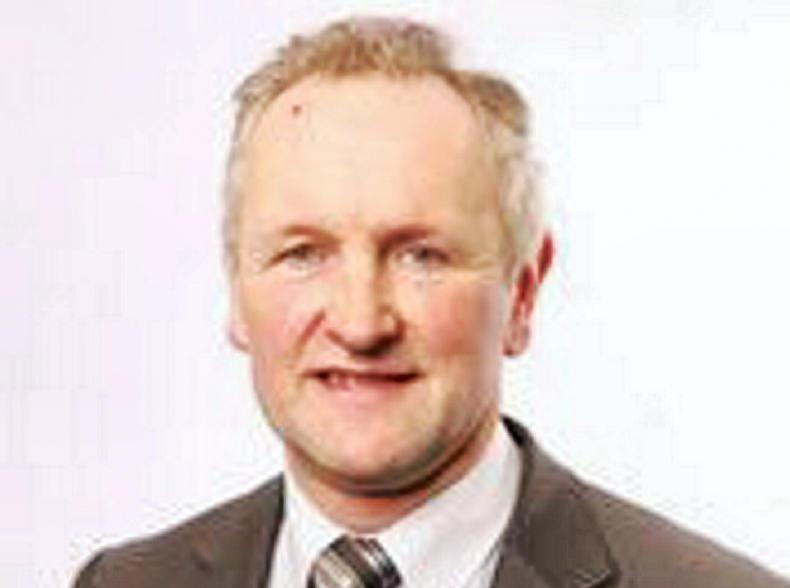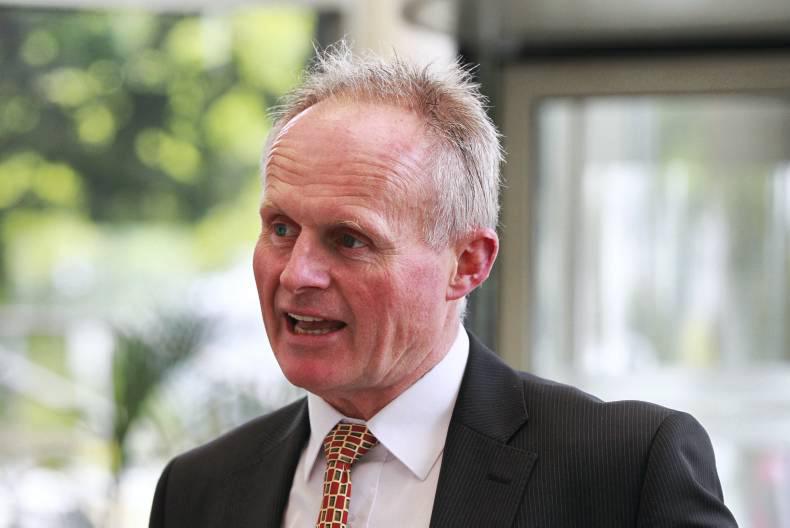This time last year, the idea that the general secretary of the IFA would be a “trending” topic on Twitter would have been unimaginable. And yet this is what happened in November when details of his remuneration emerged from the IFA executive council.
Social networks such as Facebook and Twitter gave farmers a voice to express their anger during the IFA pay scandal. As the crisis escalated, so did the debate online – for the first time in the organisation’s history.
IFA election
The mood has changed dramatically since then, even though all IFA election candidates have been active online to varying degrees.
Unlike in the general election, there has been no negative campaigning here – this would be in nobody’s interests given the division of last year. Rather, candidates have been using social networks as a cheap way to promote their message and engage followers.
According to IPSOS MRBI data, 63% of adults in Ireland are using Facebook and 31% have Twitter profiles. The Irish Farmers Journal has 72,000 likes on Facebook and over 20,000 followers on Twitter.
One candidate in particular has embraced Twitter – or should we say one candidate’s wife. Henry Burns dominated every hustings on social media, with his wife Claire O’Brien, a journalist, tweeting behind the scenes.
Some 1,213 tweets have been posted using the hashtag #IFAelection, more than half of which came from Henry Burns’s account alone.
#ifaelection What differentiates u from other candidates asks @farmersjournal Listen to answers before you vote https://t.co/aCqZ3uwYwK
— Henry Burns (@HenryBurnsIFA) April 7, 2016
Has that hard work paid off? With just 352 followers, he has the smallest cohort of supporters on this channel. Flor McCarthy and Joe Healy are not as prolific but have significantly more followers – 537 and 934 respectively.
Looking at Facebook, Burns does not have a public page like the other presidential candidates and instead uses his personal profile. Meanwhile, McCarthy’s page has 685 likes and Healy has 1,844.
Healy’s strategy has proven effective – his online persona is more “man of the people” and not as business-like as the other presidential candidates. Followers of his feed will find a mixture of farming memes, selfies and family, campaigning or farming photos – with a few throwback pictures of him as Macra president for good measure.
A Blast from the Past - Macra President. pic.twitter.com/x39E6QQItP
— Joe Healy (@joehealyfarmer) April 7, 2016
It seems – from the outset at least – that Healy does a lot of the posting himself. In short, his online persona is genuine and this is exactly what IFA members want in a new president.
Among the deputy candidates, Nigel Renaghan is the most active on Twitter, though none of them have a huge amount of followers. Renaghan, who often refers to himself in the third person or as “Nidge”, tops the list at 275, followed by Pat Farrell at 106 and Richard Kennedy with 43. Pat Farrell also has a public Facebook page with 363 likes.
As the debates draw to a close this week, I want to thank all of you for your support so far and call on everyone who can to come out and support me at the ballot boxes.IFA's strength came from its ability to listen to members, and your vote is your best way of having your voice heard.Please use that vote to elect me as your next Deputy President and let me finish the job I started
Posted by Pat Farrell IFA on Monday, 21 March 2016
This is the first IFA election where social media has really been used. However, it’s difficult to see if these efforts will bear fruit
But how much of an impact will activity on social media have on the final vote? Through a poll conducted via Twitter, 74% of voters said social media is not affecting their views on the IFA election. In fact, there has been very little interaction from farmers on social media, especially in comparison to commentary during the pay scandal.
Question for farmers: is social media influencing your views on the #IFAelection?
— Aisling Hussey (@AislingHussey) March 11, 2016
Richard Stafford of Apridata, a data gathering company based in Co Cavan, has looked at how the IFA election has been discussed on Twitter.
“This is the first IFA election where social media has really been used. However, it’s difficult to see if these efforts will bear fruit,” he said.
“Generally, those who have chosen a candidate are unlikely to have their mind changed by social media. It’s those on the fence who will be impacted, and the younger cohort are more likely to be influenced.”
Listen to an interview with Aisling Hussey on social media and the IFA below
Dan Pender of PR360, a former government adviser, predicts increasing social media engagement and a more sophisticated approach from the IFA as time goes on.
“In the UK general election, analytics were used to target demographics. It’s something the IFA could do easily,” he said.
He believes there is room to improve when it comes to the IFA’s presence online, especially since there has been more attention on the organisation from outside the farming community since last year.
“If it can fully embrace social media, it can become a more effective organisation,” he said. “Strong and effective organisations treat social media no differently to any other form of media. It has an increasing role to play.”
Crisis management
Pender said that the nature of last year’s crisis made it very attractive for commentators online, with media organisations using social media to frame the narrative.
“The drip way details emerged resulted in the IFA trending on social media for weeks. Everything that was reported was informed by online activity and Twitter and the sentiments being expressed,” he said.
The fact that information was coming out in bits resulted in the IFA losing control of the situation
Was there any way to control the narrative unfolding online during the months of the crisis?
“The fact that information was coming out in bits resulted in the IFA losing control of the situation,” he said. “They only started to wrestle that control back when the Con Lucey report was announced, but the damage was already done. The impression was that the information was being dragged out reluctantly.”
Pender says that a more emphatic move to be transparent from the beginning and a better plan for radio interviews could have helped frame the narrative.
“It’s not the first or last time an organisation will think hope is a strategy. Where there is a focus on transparency and governance, organisations must start thinking differently. The IFA learned that the hard way. It will fall on the next president to confront this.”
Personal impact
Former president Eddie Downey and general secretary Pat Smith attracted a lot of negative attention on social media in November and December.
Speaking to the Irish Farmers Journal, Downey said the IFA had no plan in place for crisis management.
“We should have had a professional crew in place,” he said. “The media went ballistic and everything was instant.”
He added that the views thrown around online were “not informed”.
“The problem is you get negative people sharing opinions, rather than positive people. The public need to separate fact from opinion and ask what really happened.
“They didn’t think about what they are saying. They need to put themselves in the person’s shoes. The IFA is part of the fabric of rural Ireland and was the first port of call for any crisis. I don’t think our members appreciated that.”
Downey’s appearance on Morning Ireland – where he commented that he was “thrown under the bus” – received a huge amount of scrutiny online. Some of the comments were quite personal, attacking the former president’s salary and his role in the deal negotiated for Pat Smith.
Eddie Downey: *I was thrown under the bus* . A bus full of money presumably. #IFA
— Annie West (@anniewestdotcom) December 1, 2015
“I’m a very positive person, but one comment really hurt. I had helped someone secure a substantial deal on his farm and he came out with a comment on my salary without really understanding what was happening,” he said.
The commentary also affected his children, with one of his daughters abroad following the events online.
“She was very upset obviously because she had worked on the campaign with me,” he said. “All of my children’s friends were able to see what was happening too.”
The Irish Farmers Journal contacted former general secretary Pat Smith but he declined to comment.
Read more









SHARING OPTIONS